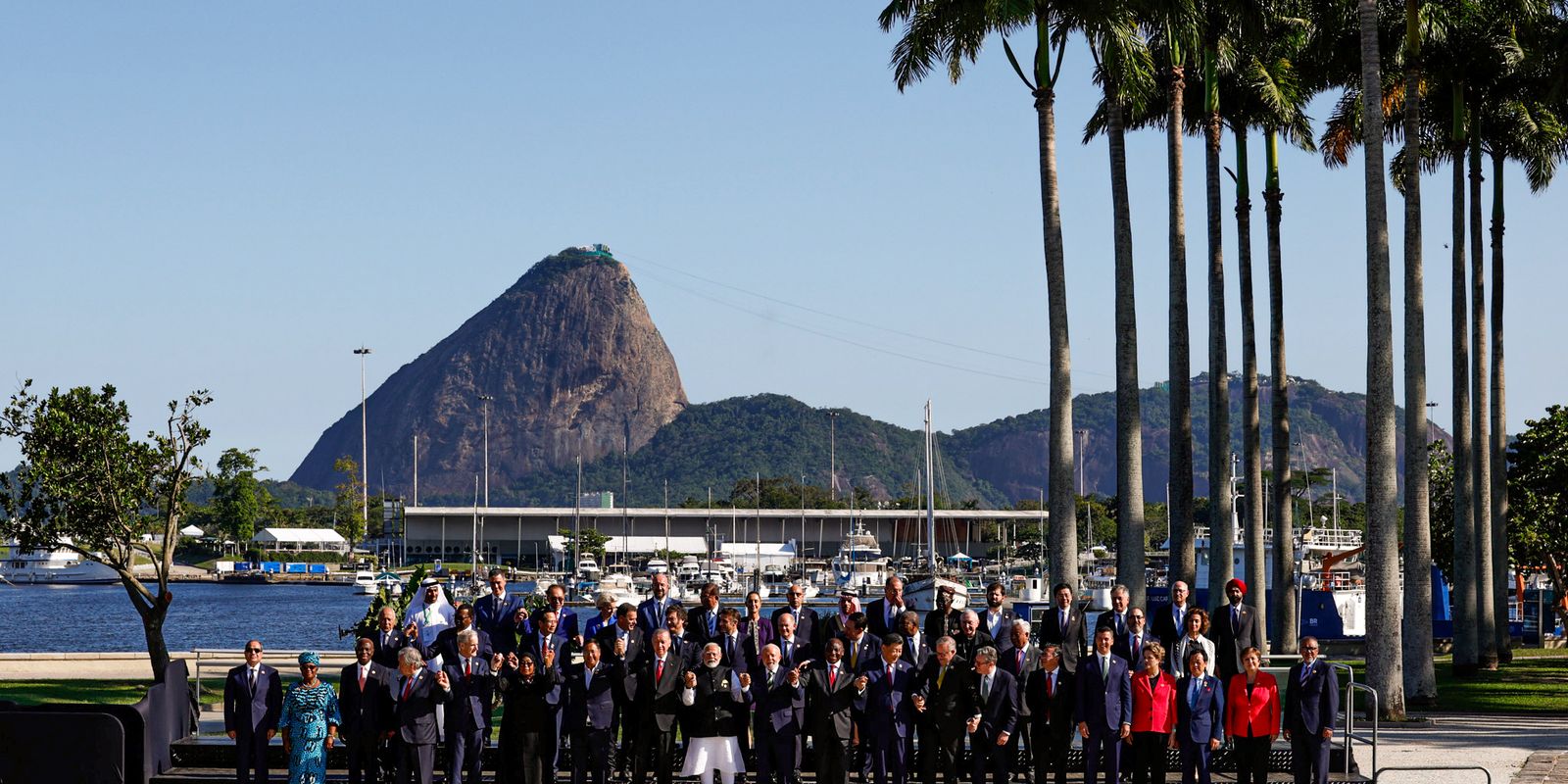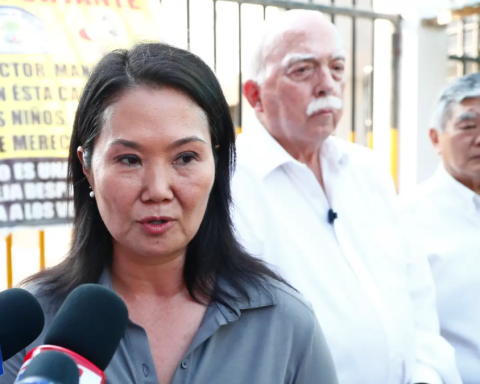Meeting in Rio de Janeiro, the heads of state and government of the G20, the main forum for international economic cooperation, approved a progressive taxation proposal, which includes a direct mention of the effective taxation of individuals considered super-rich. The text appears in summit final letterreleased this Monday afternoon (18), the first day of the annual meeting. 
“With full respect for tax sovereignty, we will seek to engage cooperatively to ensure that ultra-high-net-worth individuals are effectively taxed. Cooperation could involve exchanging best practices, encouraging debates around tax principles, and drafting anti-evasion mechanisms, including addressing potentially harmful tax practices. We look forward to continuing to discuss these issues at the G20 and other relevant forums, drawing on technical contributions from relevant international organizations, universities and experts,” says the document, the content of which final was approved by consensus.
There was an expectation that points that were agreed upon could be resisted by Argentina, presided over by the ultra-liberal Javier Milei, who opposes this type of policy. This indication of taxing the super-rich, however, had already been agreed upon in the Rio de Janeiro G20 Ministerial Declaration on International Tax Cooperation, carried out previously, and mediated by the Brazilian government. This agreement was maintained in the final published version, without reservations.
Estimates from the Ministry of Finance indicate that a 2% tax on the assets of super-rich individuals could generate US$250 billion per year to be invested in combating inequality and financing the ecological transition. This group of super-rich people totals around 3 thousand people who, together, have assets worth around US$15 trillion, greater than the Gross Domestic Product (GDP) of most countries. The G20 text, however, does not propose a specific rate.
The text of the final letter also defends progressive taxation, that is, that people with more resources are taxed more, as being one of the “main tools to reduce internal inequalities, strengthen fiscal sustainability, promote budget consolidation, promote strong growth, sustainable, balanced and inclusive and facilitate the achievement of the SDGs [Objetivos do Desenvolvimento Sustentável]”.
Fighting hunger
In the same section that deals with progressive taxation, the G20 final letter highlights the number of people facing hunger has increased, reaching approximately 733 million people in 2023, “with children and women being the most affected”. To face this global challenge, the letter calls for a more effective commitment and mentions the launch of the Global Alliance against Hunger and Poverty, a Brazilian proposal that received membership from 82 countries and dozens of other multilateral and private institutions.
“The world produces more than enough food to eradicate hunger. Collectively, we do not lack the knowledge or resources to fight poverty and defeat hunger. What we need is the political will to create the conditions to expand access to food. In light of this, we launched the Global Alliance against Hunger and Poverty and welcome its innovative approach to mobilizing financing and knowledge sharing to support the implementation of large-scale, evidence-based, country-led and country-owned programs with the goal of reducing hunger and poverty around the world,” the letter says.
The G20 is made up of 19 countries (South Africa, Germany, Saudi Arabia, Argentina, Australia, Brazil, Canada, China, South Korea, United States, France, India, Indonesia, Italy, Japan, Mexico, United Kingdom, Russia and Turkey) and two regional bodies (African Union and the European Union).
The summit of leaders in Rio de Janeiro ends the temporary presidency of the Brazilian government, which will hand over control of the group to South Africa over the next year. During the Brazilian presidency, the priority themes were combating hunger and poverty, reforming multilateral institutions and combating climate change.

















